TL;DR
- Prioritise energy‑saving routines to manage fatigue and still meet friends.
- Join both in‑person support groups and vetted online communities for flexibility.
- Leverage adaptive communication apps and mobility aids to reduce barriers.
- Be open with family and friends about cognitive changes; set realistic expectations.
- multiple sclerosis social life thrives on small, consistent actions rather than grand gestures.
Living with multiple sclerosis a chronic autoimmune condition that attacks the protective myelin sheath of nerve fibers often means juggling unpredictable symptoms with a desire to keep social ties strong. Friends, hobbies, and community events can feel out of reach when fatigue, mobility challenges, or cognitive fog set in. The good news? Practical strategies exist that let you stay engaged without over‑extending yourself. Below is a toolbox of tips, technology hacks, and mindset shifts designed for anyone navigating the social side of MS.
Understanding the Social Impact of Multiple Sclerosis
First, it helps to recognise how MS reshapes everyday life. According to the latest UK MS Register, about 55,000 people live with the disease, and roughly 40% report feeling socially isolated after diagnosis. The reasons are varied: sudden fatigue, fluctuating mobility, and the fear of being misunderstood. When you know the why, you can pick targeted solutions instead of generic advice.
Managing Fatigue so You Can Show Up
Fatigue a pervasive, energy‑draining symptom affecting up to 80% of people with MS is often the biggest barrier to social participation. Here are three quick tactics:
- Schedule social activities during your "high‑energy" windows-usually mid‑morning or early evening. Use a simple calendar colour‑code to flag these slots.
- Adopt the "sit‑first" rule: arrive at events and sit for the first 10‑15minutes. This conserves energy and lets you gauge how you feel before fully engaging.
- Carry a portable snack with protein and complex carbs (e.g., a nut‑butter packet). A small blood‑sugar boost can stave off a sudden crash.
Practising these habits reduces the chance that fatigue will derail a meet‑up and helps you feel more in control.
Dealing with Cognitive Changes in Conversation
Cognitive changes often include slowed processing speed, memory lapses, and difficulty multitasking can make group chats feel overwhelming. Simple communication tweaks make a big difference:
- Ask friends to pause briefly after they finish speaking-gives you a moment to formulate a response.
- Use visual cues like written notes or texting to supplement verbal discussions.
- Politely let others know you sometimes need a quick recap; most people appreciate the honesty.
When you set clear expectations, conversations stay fluid and you avoid unnecessary stress.
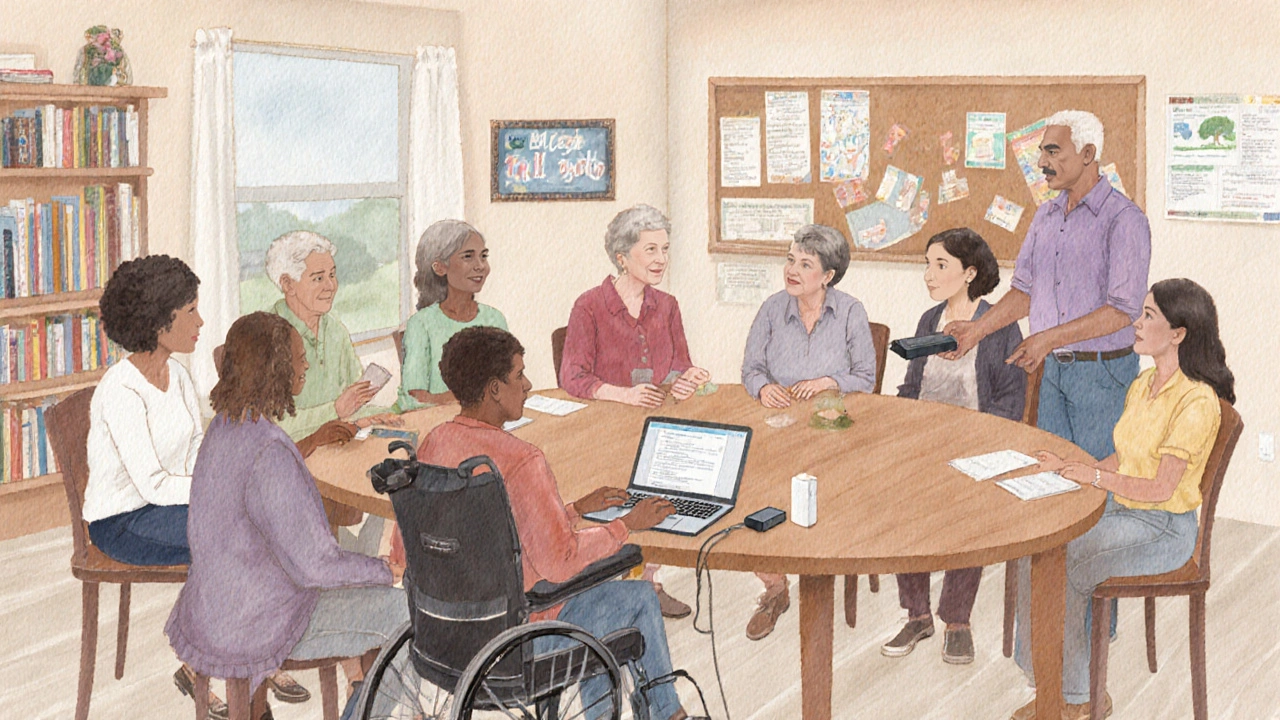
Building a Support Network: In‑Person vs. Online
Two major avenues exist for connecting with others who understand MS: traditional support groups and digital communities. Both have strengths, and many find the best fit by blending them.
| Aspect | In‑Person Groups | Online Communities |
|---|---|---|
| Interaction type | Face‑to‑face, tactile | Text, video, audio |
| Accessibility | Requires travel; may need mobility aid | Accessible from home; device‑friendly |
| Frequency | Weekly or monthly | 24/7, asynchronous |
| Emotional impact | High intimacy, immediate feedback | Broader reach, anonymity can ease sharing |
Pick the format that aligns with your energy levels. For instance, attend a local group once a month for deep connections, and supplement with daily chats on a trusted online forum when travel feels too taxing.
Technology Tools That Bridge Gaps
Smartphone apps and assistive devices can level the playing field. Two categories deserve attention:
- Adaptive communication apps such as speech‑to‑text, predictive texting, and visual‑voice assistants let you join video calls without exhausting your vocal cords.
- Mobility aids including lightweight rollators, portable stair lifts, and electric scooters expand the venues you can access-think cafés with steps or parks with uneven paths.
Before committing, test a demo version. Many charities offer free trials for a week, letting you gauge comfort and battery life. The right combo can turn a “maybe next time” into a confident "see you there."
Communicating with Family and Friends
Those closest to you become allies when they understand the day‑to‑day realities of MS. Here’s a short script that works well:
"I love hanging out, but some days I’m dealing with fatigue or brain‑fog. If I seem quiet, it’s the disease, not you. Let’s plan something low‑key, and feel free to call if you need a quick check‑in."
Presenting the information as a request rather than a limitation invites empathy. Encourage loved ones to ask questions-knowledge reduces stigma and opens doors for creative problem‑solving, like arranging a nearby parking spot for your next birthday dinner.
Daily Checklist: Small Wins for Staying Connected
- Review your energy calendar each morning; block two‑hour windows for social activity.
- Send a quick "checking in" text to at least one friend before lunch.
- Schedule a 15‑minute video call using an adaptive communication app.
- Pack a snack and any mobility aid you might need for the outing.
- After the event, jot down what went well; repeat the winning elements.
Consistency beats intensity. Even a brief coffee chat can reinforce bonds and remind you that you’re still part of the larger social fabric.
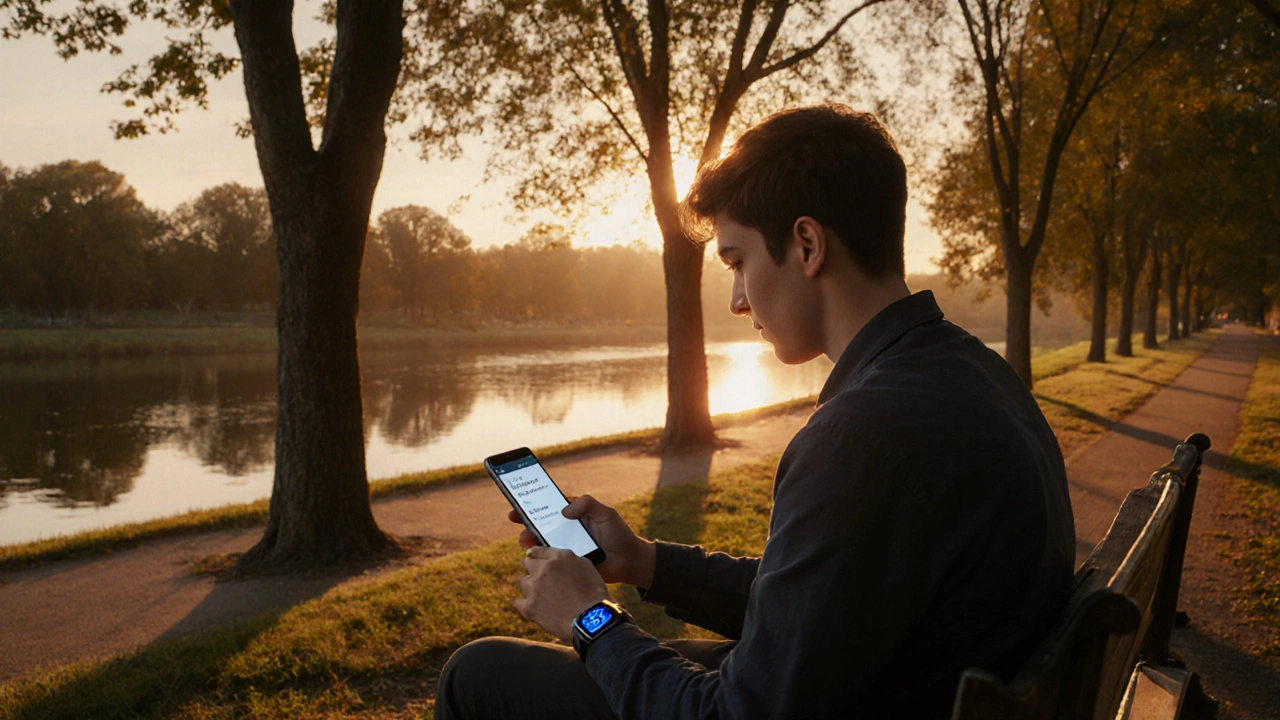
Frequently Asked Questions
Can I join a support group if I have severe mobility issues?
Yes. Many groups now offer hybrid formats-live streaming of the meeting room so you can participate from home while still feeling part of the conversation. Look for clubs that advertise "accessible" or "virtual attendance" options.
What are the best apps for people with MS who struggle with speech?
Popular choices include Speechnotes for real‑time transcription, Google Assistant for voice‑controlled commands, and Proloquo2Go for augmentative communication on iOS.
How often should I see a neurologist if I want to stay socially active?
Most specialists recommend a 6‑month follow‑up unless your symptoms change dramatically. Regular appointments give you a medical “check‑in” that can inform how much social activity you can safely handle.
Is it okay to tell friends I need to leave early because of fatigue?
Absolutely. Most people respect honesty. A brief explanation-"I’m feeling low on energy today"-keeps expectations clear and avoids misunderstandings.
What low‑impact hobbies work well for someone with limited mobility?
Consider activities like board‑game nights (you can sit comfortably), gentle watercolor painting, or podcast clubs where you discuss episodes over a video call. The key is an activity that sparks conversation without demanding physical stamina.
Staying socially alive with MS isn’t about ignoring your limits-it’s about shaping a lifestyle that honors them while still nurturing connections. By managing fatigue, leveraging technology, and curating supportive networks, you can keep the conversation going, the laughter alive, and the relationships thriving.
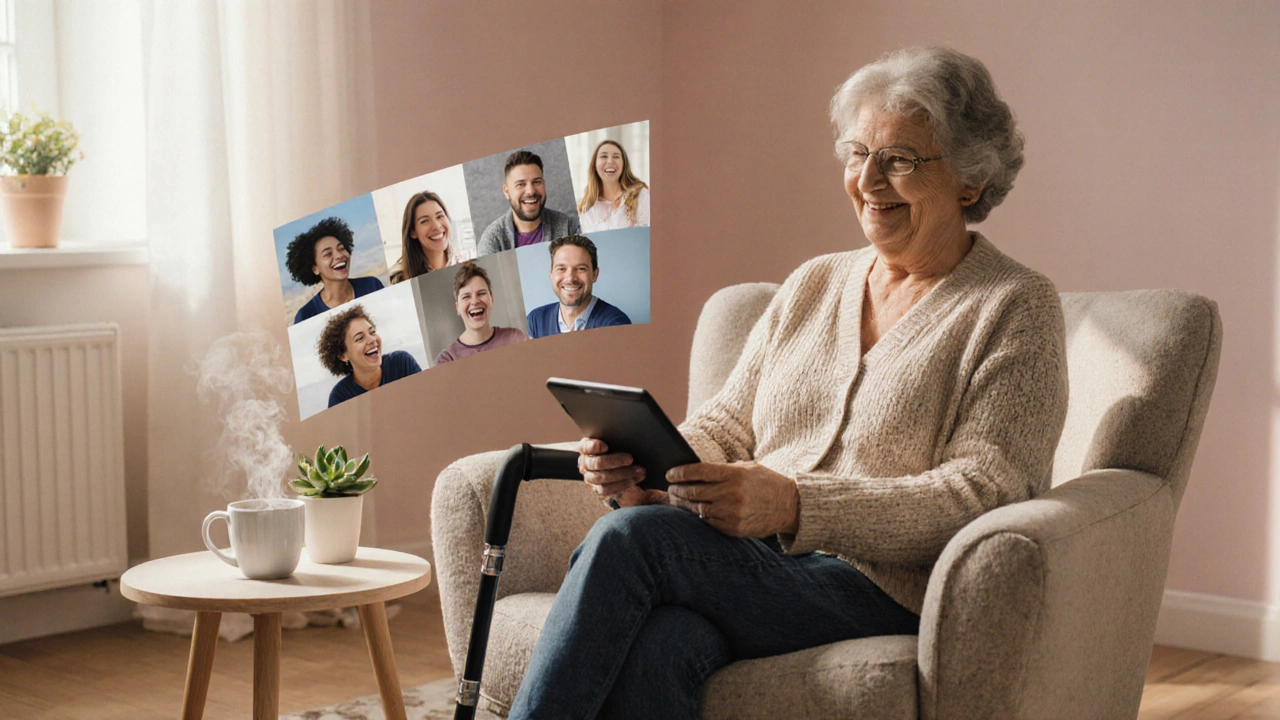
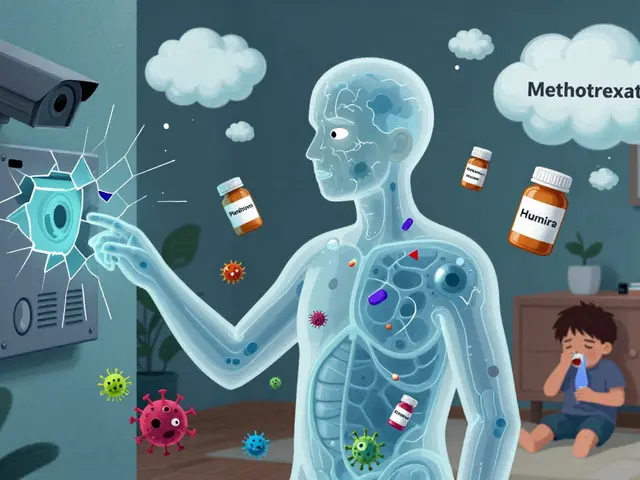
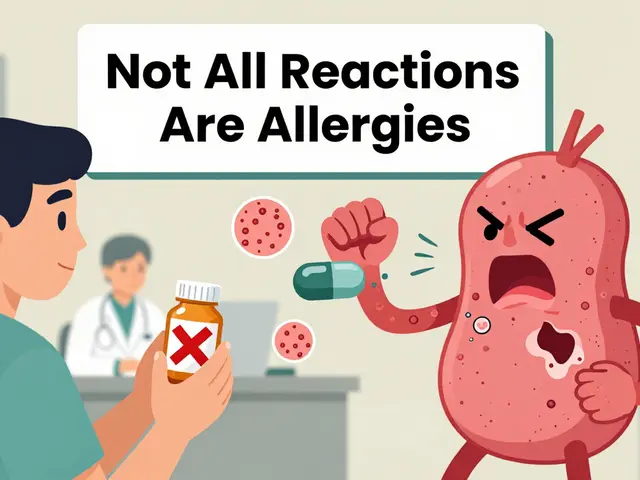
Jacqueline von Zwehl on 28 September 2025, AT 16:54 PM
One practical way to keep fatigue under control is to treat your daily planner like an energy‑budget spreadsheet. Highlight your high‑energy windows in a bright colour and only schedule social outings during those periods. A quick visual cue helps you avoid over‑committing and makes it easier to say "no" when you’re low on stamina. Remember to slot in a short rest break before you head out, even if you feel fine.